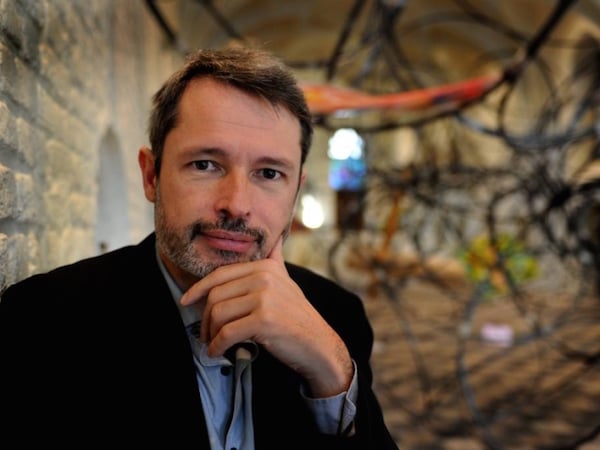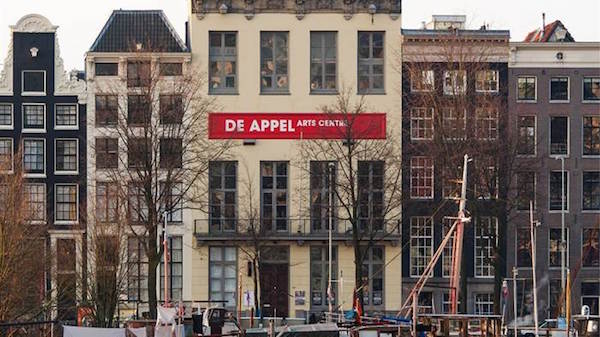People
Judge Terminates Contract of De Appel Director Lorenzo Benedetti
The case raises the question, what is the role of a museum director?

Photo: via PZC
The case raises the question, what is the role of a museum director?

Hili Perlson

The Amsterdam District Court has ruled that the employment contract between Amsterdam’s De Appel Arts Center and its director Lorenzo Benedetti must be dissolved. According to NRC, the court explained that the ruling is based on the fact that there are large discrepancies between the two parties’ interpretation of the role of director.
Benedetti, who served as De Appel’s director and curator for a short tenure of just over one year, was unexpectedly fired by the institution’s board in September. The court’s decision to dissolve his work contract seems to be a formality meant to clarify that Benedetti was neither sacked because of unsatisfactory performance in his position, nor due to tainted working relationships, although those were the main reasons previously cited for Benedetti’s dismissal.
The board argued in a hearing last month that Benedetti lacked leadership skills and that he has not been able to devise and carry out a strategy plan for De Appel. They also reportedly cited complaints from staff about his frequent absence, and way of communicating and conducting meetings.
Benedetti’s dismissal was met with outrage in the art world. Most notably, the entire team of tutors at the De Appel’s Curatorial Program—formed by an illustrious group of curators and museum directors, including Charles Esche, Elena Filipovic, Chus Martinez, and Beatrix Ruf—demanded the resignation of the Dutch institution’s board, and withdrew from the program until the board complies.

De Appel Arts Center in Amsterdam.
Photo: via I am Amsterdam
Now, the court has circumvented this dispute through the dissolution of the work contract. The judge noted that Benedetti “ignored the severity of the criticism of his performance.”
Benedetti, on the other hand, noted a “chasm” between him and the museum’s board which, he argued, places too much focus on the financial and administrative aspect of his job, and has no insight into the other components of his position which are “the essence and the focus of its activities.” The board, however, regards the administrative management of the institution as the very core of the director’s position.
The court found these views incompatible, and the differences too deep to bridge. A compromise proposed by Benedetti which included hiring a personal assistant and transferring administrative tasks to the managing director would therefore be pointless, the court has declared.
The termination of the contract will take effect on February 1. Benedetti, who will receive no severance pay, is considering an appeal.
The case raises important questions on the role of an art institution’s director. In an article published in the Dutch magazine Metropolis M immediately after news of Benedetti’s dismissal came out in September, editor-in-chief Domeniek Ruyters described this case as emblematic of the shift in demands and expectations from curators. “Benedetti’s appointment at De Appel was a moment of hope for art lovers, hope that the artists’ curator still stood a chance in the marketing addicted exhibition company of the Netherlands. Not so.”
De Appel’s CEO Alexandra van Huffelen, speaking to press in September, said “De Appel has missed a leader in other respects: someone who inspires internally and externally and conveys a vision of the future.” She mentioned Paris’ Palais de Tokyo and London’s Serpentine Galleries as role models for the Dutch institution.